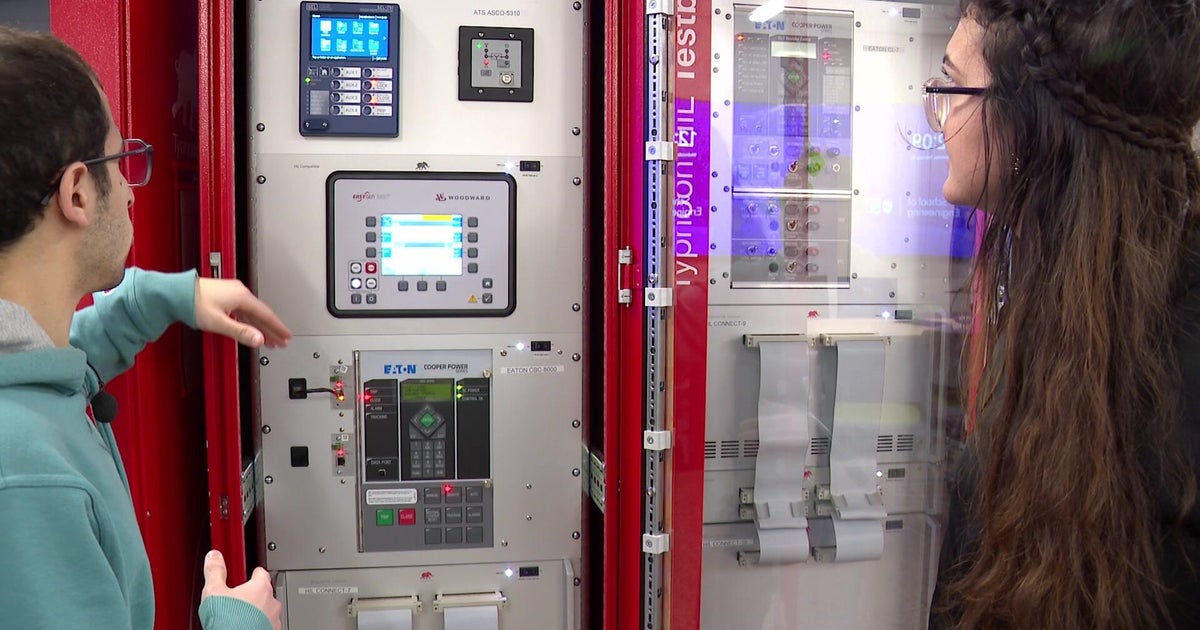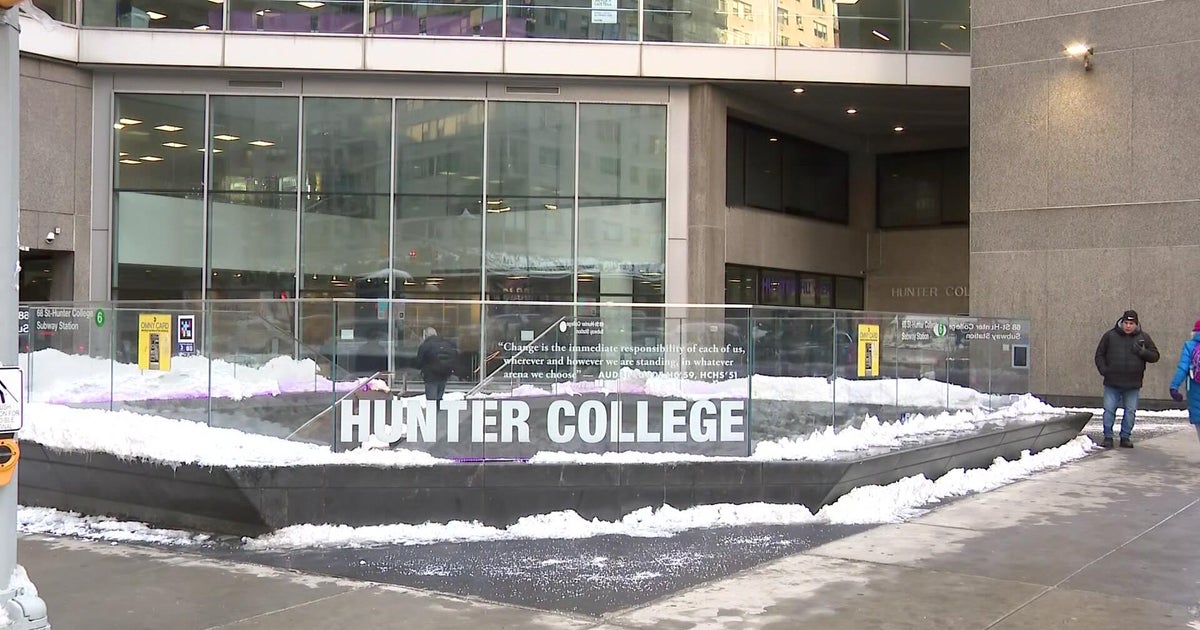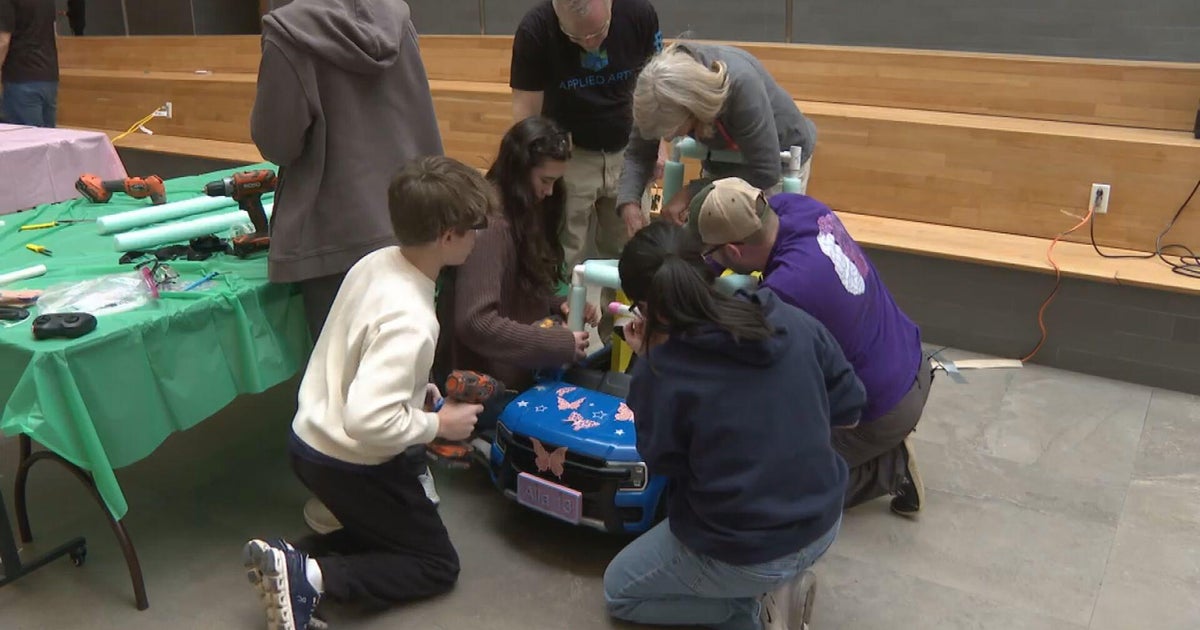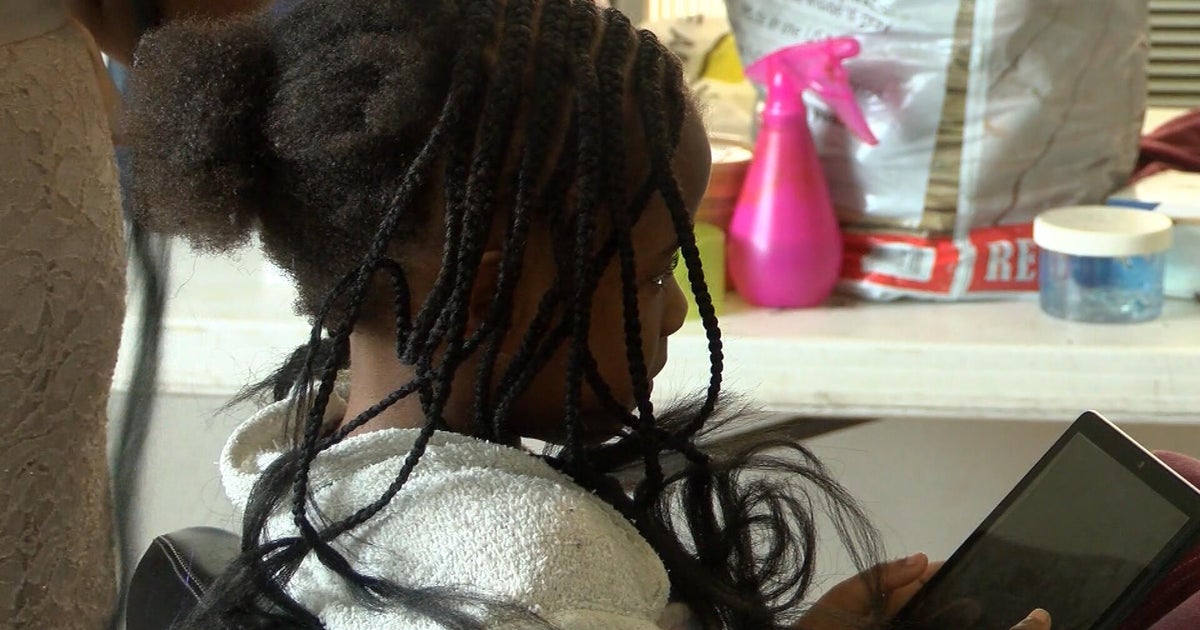Study: Handling Money Makes Kids Work Harder, Give Less
PHILADELPHIA (CBS) -- The act of handling money makes children work harder and give less, according to research published by the University of Minnesota's Carlson School of Management and University of Illinois at Chicago,
Researchers say the effect was found in children who lacked real knowledge of money's purpose, and it continued despite the value of the money.
"Money is a double-edged sword. It produces good outcomes in terms of concentration and effort, but bad outcomes when it comes to helping, taking, and donating." said Professor Kathleen Vohs, the Land O'Lakes Chair in Marketing at the University of Minnesota and co- author of the study.
Five hundred and fifty children, ages 3-6, were tested in several experiments.
Researchers say in one experiment, the children were asked to sort money or buttons before completing a difficult puzzle. In that study, nearly 75 percent of the children who handled the money spent at least two minutes on the task, compared to only 56 percent of those who had sorted buttons.
An additional study was done following a similar design, except researchers also used candy. After sorting money, buttons or candy, the children were told they could take up to six Disney stickers.
All of the children who sorted money took at least three stickers, but only 78 percent of children who sorted candy and 76 percent who sorted buttons took as many stickers.
Researchers say the children were then told they could give their stickers to other children who did not participate or they could keep the stickers for themselves.
The kids who sorted money only donated half as many stickers compared to the children who sorted candy or buttons.
"Money is a vital component of cultural life," said Lan Chaplin, associate professor of marketing at the University of Illinois at Chicago. "Our findings with children as young as 3 years old suggest potentially significant implications for achievement, generosity, and interpersonal harmony."
Officials say the study, "Money Cues Increase Agency and Decrease Prosociality Among Children: Early Signs of Market Mode Behaviors" is forthcoming in Psychological Science.







